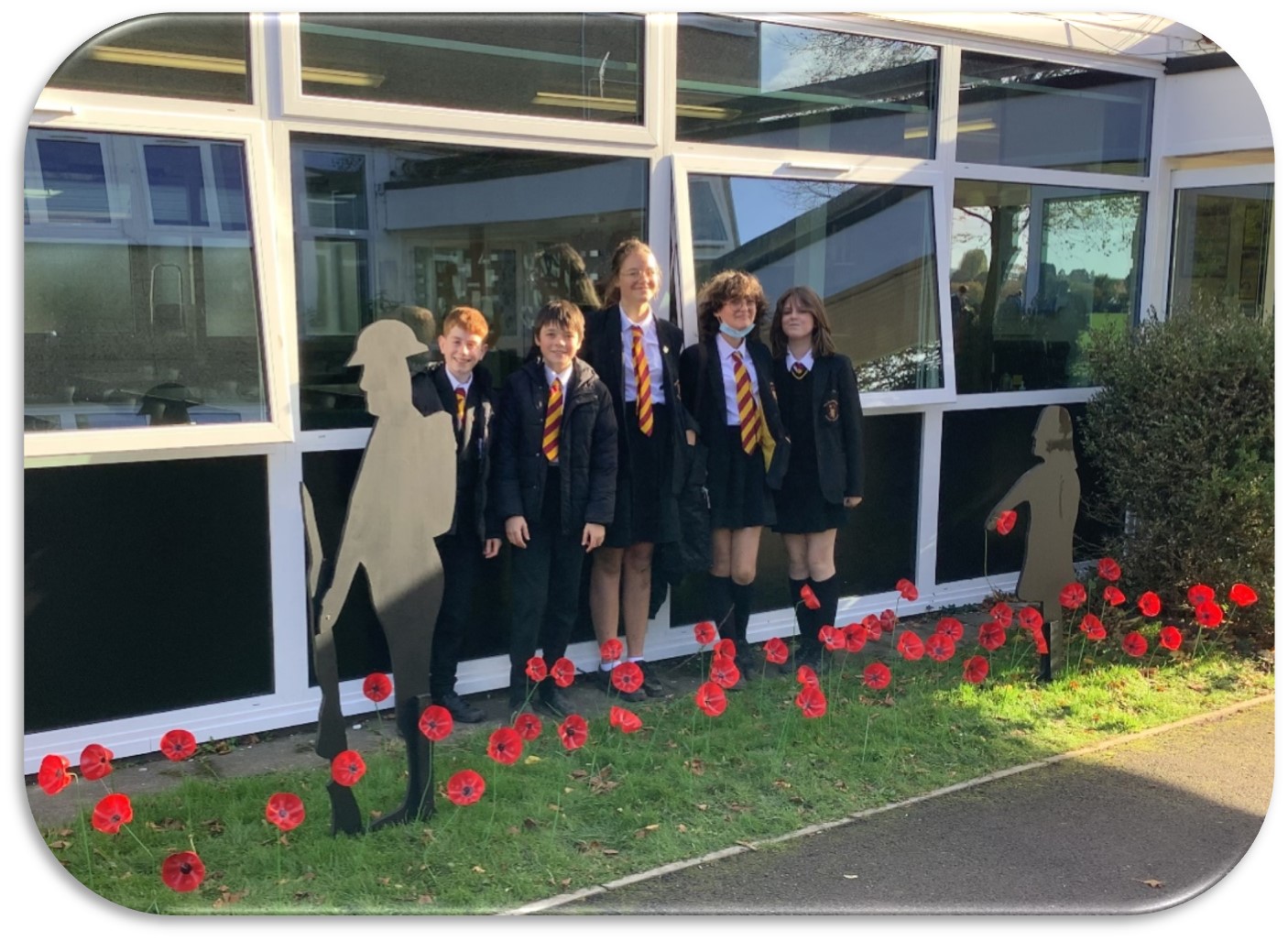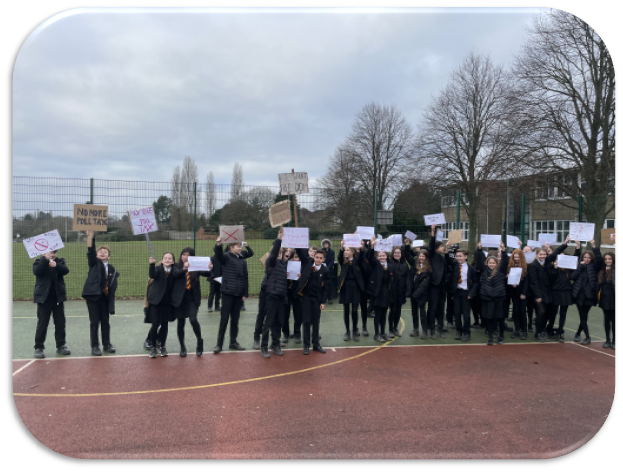History - Key Stage 3

Our Marlborough ‘wow factor’ approach means teachers share their passion and love for learning history with students as they progress chronologically through their learning journeys.
 All our schemes of work consist of engaging, fun, and challenging lessons that are scaffolded so that all can make excellent progress. Our teachers have been known to dress up as a First World War ‘Tommy’, a suffragette, Queen Elizabeth I, or if you are unlucky enough, a Victorian school teacher! Whether it is 'going on a school revolt' with placards like the peasants of 1381, attempting to empathise with Victorian workhouse children, or re-enacting the events of the Glorious Revolution, our young historians are creating wonderful memories in our classrooms.
All our schemes of work consist of engaging, fun, and challenging lessons that are scaffolded so that all can make excellent progress. Our teachers have been known to dress up as a First World War ‘Tommy’, a suffragette, Queen Elizabeth I, or if you are unlucky enough, a Victorian school teacher! Whether it is 'going on a school revolt' with placards like the peasants of 1381, attempting to empathise with Victorian workhouse children, or re-enacting the events of the Glorious Revolution, our young historians are creating wonderful memories in our classrooms.

Curriculum Implementation
Click here to view the curriculum implementation overview for History at key stage 3.
Curriculum Learning Journey
Click here to view the learning journey for History at key stage 3.
Knowledge Organisers
Click on the links below to view some knowledge organisers for History at key stage 3:
Click here to return to the History page.
